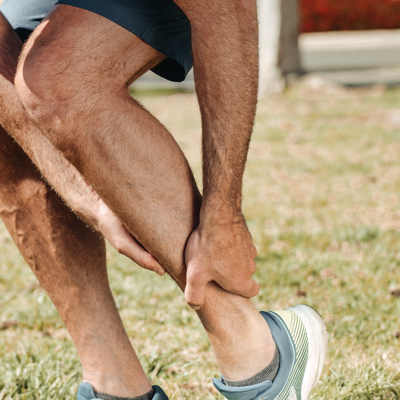Common wisdom is that caffeine provides an energy boost, and this is underlined by the plethora of caffeinated energy products and marketing hype. Another possibility is that if a person buys a product that they believe will create a certain effect then they are far more likely to “experience” it. This could be true with feeling like you have more energy. Does a cup of coffee, shot of espresso, or caffeinated energy product really help?
Typically endurance athletes are always in search of a boost in energy and performance. After all, who would want less energy and performance! More often than not, caffeine is the go-to solution for endurance athletes. But is caffeine truly an ergogenic aid and is it safe?
According to American College of Sports Medicine, caffeine may be the most widely used stimulant in the world, which is probably not a surprise to anyone. It can come in many forms such as coffee, supplements, tea, soft drinks, and even chocolate. Caffeine will normally reach its highest levels in the blood approximately one hour after consumption. For many people (but not all), it can have a stimulant effect on the brain as well as affect blood pressure, pulse rate, stomach acid production and fat stores. And for this reason many athletes use caffeine as a potential ergogenic aid and performance enhancer.
Caffeine and Performance
Interestingly Caffeine may help mobilise fat stores, enabling the body to use fat as its primary fuel source. By utilising fat as fuel, this allows the body to spare glycogen, which is an additional fuel source for the body stored in the muscles and liver. By delaying muscle glycogen depletion, exercise can be prolonged enabling the athlete to go harder, longer, faster or perform more reps before fatigue. This sounds very helpful for the Endurance athlete, where quite clearer going harder, faster, for longer is exactly the aim.
Glycogen sparing is most crucial in the first 15 minutes of exercise. This is when caffeine can help significantly decrease glycogen depletion. Even though caffeine reaches its highest levels in the blood around 60 minutes after consumption, some research suggest consuming caffeine three or more hours before exercise is most beneficial. The reason is that caffeine may have a maximum effect on fat stores several hours after peak blood levels.
The Journal of the International Society of Sports Nutrition says that caffeine in the amount equivalent to one to three cups of coffee lowers heart rate during sub-maximal exercise, but not at near maximal or maximal exercise. The effects of caffeine were measured during dynamic leg exercise on a cycle ergometer. According to the Journal of Applied Physiology, no significant differences were noted in terms of heart rate.
Other studies, on well-trained athletes reported that 3-9mg caffeine per kg (kilogram) of body weight one-hour prior to exercise increased running and cycling endurance in a controlled laboratory environment.
Helps with Recovery
Caffeine may also help assist in enhancing recovery after exercise. Again, according to the American Physiological Society, four hours post-exercise and muscle glycogen had increased 66 percent for those that had consumed a caffeinated carbohydrate drink as compared to a non-caffeinated version of the same product. This significant level of increase in muscle glycogen will probably help to expedite recovery and it will help to make the next day’s training session that much more productive (or indeed possible!). The carbohydrate and caffeine drink post-exercise also resulted in higher blood glucose and plasma insulin.
Any Side Effects?
So there is always a downside to consider. Each individual can respond differently to caffeine, and some of course are absolutely caffeine intolerant. But even for those that can tolerate some level of caffeine (for instance they are coffee drinkers). An increased quantity can still have negative side effects such as poor sleep quality, gastrointestinal distress, fatigue, headaches, dehydration and even anxiety. Caffeine can also have a diuretic effect by increasing blood flow to the kidneys and inhibiting the re-absorption of sodium and water. As endurance athletes we need to be very aware of the possible consequences of using something that can be a diuretic. Most experts seem to agree that a moderate consumption of caffeine is unlikely to have a negative effect health, as long as an otherwise healthy nutrition and fitness lifestyle is followed. The big question of course is what is considered moderate, and the answer to that will be different for each individual.
In Conclusion
In summary, caffeine may be helpful in enhancing performance and speeding up recovery. As with any supplement/drug, be sure to use it responsibly and always consult with your Doctor if you have any questions regarding caffeine use and your known medical condition(s), current medications, and so on. Essentially, be aware of the pitfalls, as well as the possible benefits, and act responsibly.
Photo credit John Fornander – unsplash



